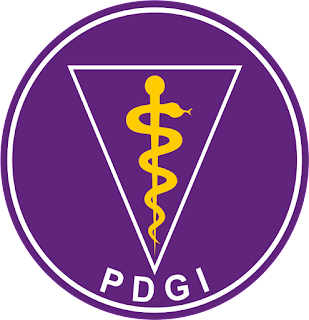
Odonto : Dental Journal is an open access, scientific and peer-reviewed journal published by Faculty of Dentistry, Universitas Islam Sultan Agung three time a year in April, August and December (P-ISSN: 2354-5992, E-ISSN: 2460-4119 ).
This journal is containing all dentistry topic. This Journal is in cooperation with Indonesian Dental Association (PDGI) Semarang. This journal has been accredited SINTA 3 by Indonesia Ministry of Research, Technology and Higher Education (Ristekdikti) of The Republic of Indonesia.
This journal also has become a member of CrossRef. Therefore, all articles published by this journal will have unique DOI number.
Assalamuallaikum wr wb.
Odonto Dental Journal Vol 12, No 3 (2025): December 2025 Has been Published.
Odonto Dental Journal is accepting submissions for articles to be published in April 2026. We apologize for any inconvenience caused during the submission process to Odonto Dental Journal. We hope to improve our services in the future. Thank you.
Editor
contact_mail Principal Contact
Department of Pediatric Dentistry. UNISSULA.
Submit your precious manuscripts now via our online system, or submit your papers via email : odontodentaljournal@unissula.ac.id (ONLY IF you still got some problems in OJS submission).
Download the AUTHOR GUIDELINE and the ARTICLE TEMPLATE here.
Registration and login are required to submit items online and to check the status of current submissions.
Already have a Username/Password for Odonto : Dental Journal?
Need a Username/Password?







